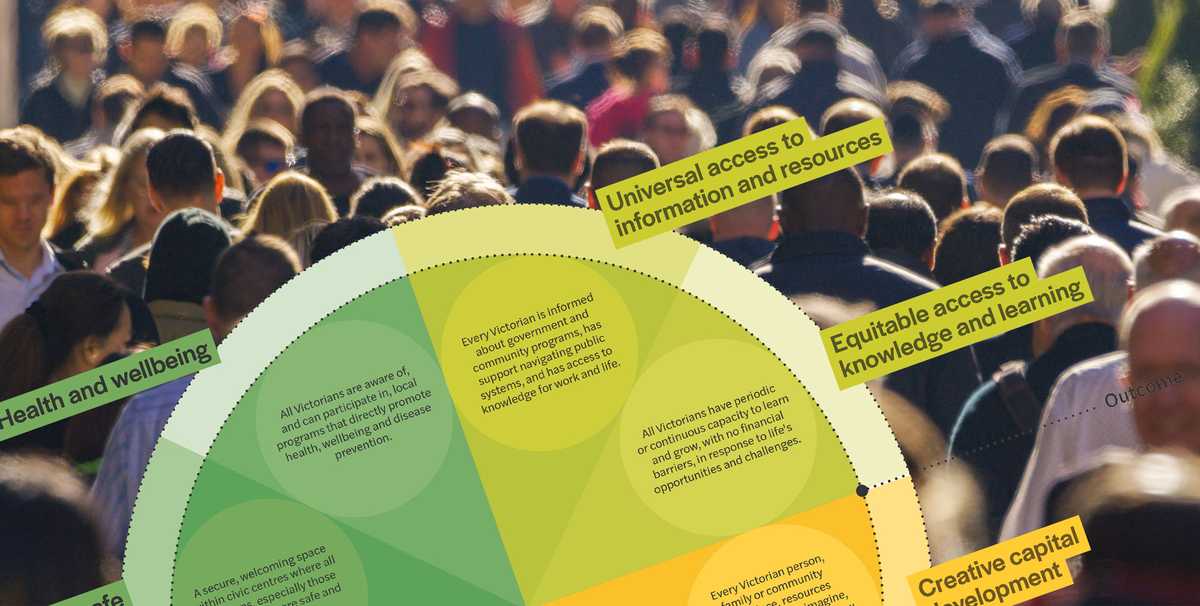
Purpose is fundamental to a persons health and wellbeing. Companies are groups of people, working together toward common goals. When those goals align with individual and organisational purpose, employees, customers and communities are motivated.
The company is creating value through purpose. The impacts are financial and social.
The need for purpose is one the defining characteristics of human beings. Human beings crave purpose and suffer serious psychological difficulties when we don’t have it. Purpose is a fundamental component of a fulfilling life. – Psychology Today Journal
2020 has been, for all of us, a year of flux.
The ongoing changes to routine and rules means that we have been forced to constantly prioritise and reprioritise our hours, days and weeks, guided by an inner compass, that is seldom articulated.
This compass, guided by a belief in purpose, provides foundation and direction. It helps us to recalibrate in times of uncertainty and is a fundamental component of being human.
Harnessing and aligning this individual purpose to organisational goals is a powerful driving force for business performance.
Business leaders including, the Business Roundtable, World Economic Forum and Larry Fink, the CEO of the world’s largest asset holder, BlackRock have been increasingly vocal in asserting that “a company cannot achieve long-term profits without embracing purpose”.
Although purpose is well known, it’s role in driving business performance is not well understood.
For organisations, purpose is more than a rallying call or a north star. It answers the “why” for employees, investors, suppliers and customers:
- Why do we matter?
- Why work for us?
- Why invest in us?
- Why partner with us?
- Why buy from us?
Our experience is that when we focus discussions on organisational strategy on purpose, rather than narrow financial returns, we uncover a range of intrinsic and extrinsic values that drive performance.
Tapping into and translating these values through an articulation of organisational mission, identity, strategic making frameworks creates the framework for day to day decisions and behaviours that bring purpose to life.
In moral philosophy, instrumental and intrinsic value are the distinction between what is a means to an end and what is as an end in itself.
Things are deemed to have instrumental value if they help one achieve a particular end; intrinsic values, by contrast, are understood to be desirable in and of themselves.
A tool or appliance, such as a hammer or washing machine, has instrumental value because it helps you pound in a nail or cleans your clothes.
Happiness and pleasure are typically considered to have intrinsic value insofar as asking why someone would want them makes little sense: they are desirable for their own sake irrespective of their possible instrumental value.
So how do we activate purpose in a business?
It can be hard to see the business value from investing in intrinsic value. Instrumental value is immediate and tangible – the beep of a cash register.
However, companies invest millions of dollars every year in brand building , customer experience, employee engagement and community partnerships. These actions and the decisions that led to them should be grounded in a well articulated, strategically activated, purpose – or the risks of costly distraction, reputation exposure and customer confusion can be significant.
So, how to extract value from investment in purpose?
If purpose is the why, then shared value provides the how. Shared value is defined as policies and practices that enhance the competitiveness of companies while improving social and environmental conditions in the regions where they operate. It is a business strategy focused on companies creating measurable economic benefit by addressing social problems that intersect with their business.
Most businesses address social problems as part of their ‘usual’ output – through ethical sourcing, providing secure jobs, creating safe and healthy work environments. What many are yet to realise, is that a focus on purpose catalyses innovation by addressing social need (creating new products, services and value in the supply chain).
For example, Interface, a global carpet tile manufacturer, pivoted to creating environmentally sustainable carpet in the 1990s after its CEO was questioned about the environmental impact of its product. Focusing on the environment led Interface to create a range of new non-toxic, sustainable, biophilic inspired products and a new flooring service, as an alternative to selling carpets. Today it is a world leader in its field.
In Australia, IAG insurance, the parent company for well known brands such as NRMA, CGU and SGIO, renewed its business purpose in 2016 to – “we make your world a safer place.” This purpose enabled the business to shift thinking towards taking proactive action in engaging customers even where there wasn’t crisis in their life. As a result, IAG has developed a range of initiatives that focus on risk mitigation to help prevent and lessen the impact of adverse events.
To bring value, purpose, must be consistently applied and evidenced across the business. When this happens, purpose builds trust and brand resilience. This enables businesses to take risks, weather reputational challenges, and innovate for growth as different conversations and relationships are formed.
Shared value also helps frame purpose as more than a brand exercise. It enables executives to understand: what is the company going to do with its purpose, and what business returns will it achieve.

